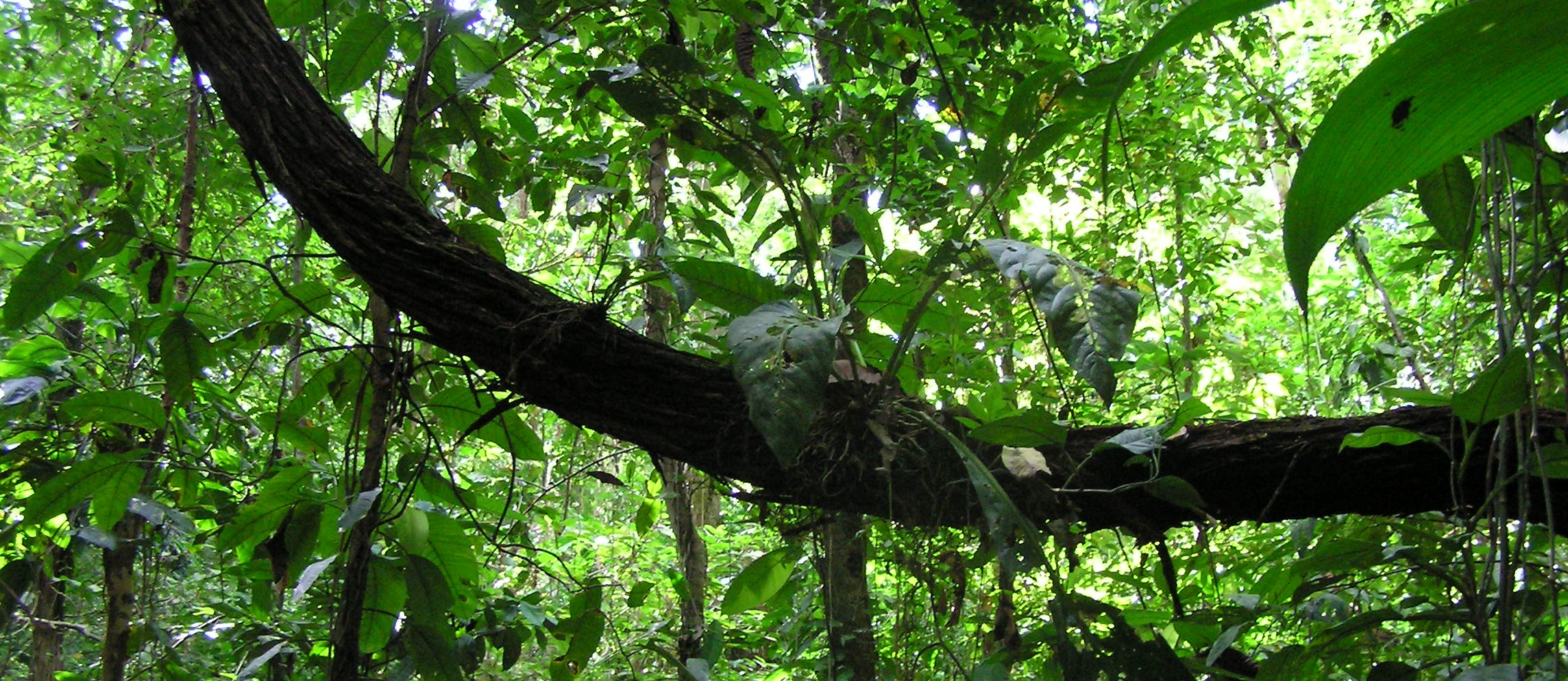Title
General herbivore outbreak following an El Niño-related drought in a lowland Panamanian forest
Document Type
Article
Publication Date
2004
Volume Number
20
Source Publication
Journal of Tropical Ecology
Abstract
A severe outbreak of Lepidoptera followed the 1997–98 El Niño Southern Oscillation event, during which the climate in central Panama was unusually dry. The outbreak involved the larvae of at least 12 species of Lepidoptera and occurred at a seasonally dry, deciduous forest site, where extensive background data were available regarding climate, tree species and non-outbreak herbivory levels. Most Lepidoptera were associated with only one or two larval host plant species belonging to the same family, and the majority were monophagous during this study. During the outbreak, caterpillar densities for the major outbreak species averaged 1.6 larvae per young leaf and 0.18 larvae per leaf for leaves of all ages. For canopy trees and lianas, the mean level of leaf damage was 13.8%, ranging from 1–100%. Seven out of 20 tree species sustained most of the damage, with 21–37% of the leaf area consumed. Relative to non-outbreak years, damage levels increased by more than 250% during the outbreak. Single-species outbreaks were observed in other areas with a similar drought, but wetter forests in central Panama did not experience outbreaks during this period. Historically, fewer outbreaks have been reported from tropical forests than from temperate forests, however, similar El Niño-related outbreaks have occurred recently in several other locations throughout the tropics.
